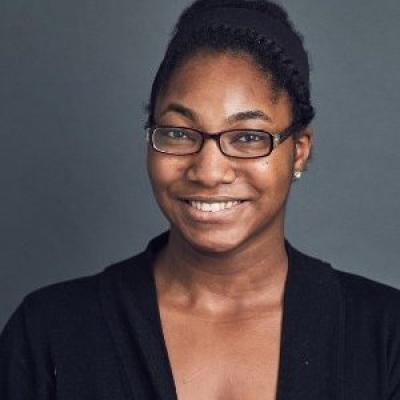
Jourdan has responded to several practitioners who posted blurbs in the research4impact newsletter. Here's why she finds these connections so valuable:
"I love talking to practitioners about the problems that they face outside of a research context. Research4impact allows me to chat with practitioners that face real problems and are seeking out new connections with researchers to talk about them. I don’t have to convince them that they have a problem, and they should take my unsolicited advice. It's a win-win for me. The practitioners can get a researcher's insights on a problem, and I get to see if my insights are actually valuable in the real world."
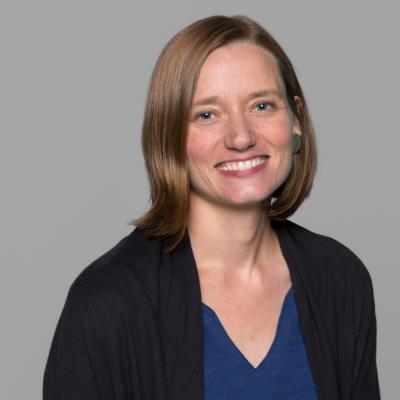
Arlene reached out becuase she was interested in using research to create visuals that communicate complex and challenging social topics, and also evaluate their effectiveness. She created a blurb for a research4impact newsletter and ultimately had several informal and formal collaborations with researchers who responded. Afterwards she shared this about her experience:
"Every field speaks in its own lingo - this seems particularly true in academic research. As a practitioner, the difference in language made it challenging for me to understand academic publications and connect to research in adjacent fields. So, while the process of research has always been a black box for me, through research4Impact I've come to understand more concretely how research is done in an academic context. I've made great connections, have started collaboration on research projects, and exchanged ideas."
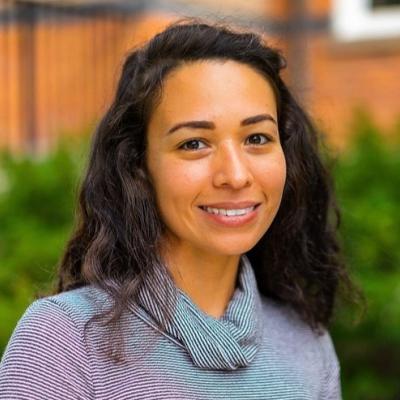
Tatiana responded to a blurb in the research4impact newsletter from a practitioner looking to discuss participatory research. They had a collaborative conversation with some brief follow-up, and here's what she said afterwards about the experience:
"I appreciate the opportunities research4Impact offers to connect with other researchers and practitioners across the county. I met with a non profit evaluator to discuss ways to incorporate community-based participatory research (CBPR) practices into program development. I was excited to meet with others who share passions for equity and in centering communities. I was able to offer some frameworks and models that I had used previously in CBPR related projects. I shared some tips and lessons learned for others who are just starting to engage in this type of work. I was also able to advise on how to create community advisory groups expanding the scope of "community" to boots on the ground program implementers. Really fun and engaging conversation! Look forward to future collaborations or discussions with others interested in embedding CBPR into their work."
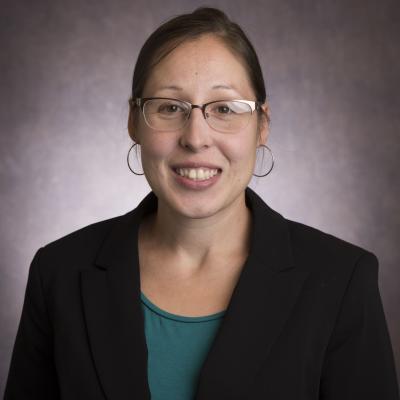
As she embarked on a project with several new elements -- incorporating participatory research and social network analysis, as well as measuring social capital -- Sharon reached out to research4impact to connect with researchers who focus in each of these three areas. The researchers, in turn, got an inside look at how their work is relevant in a new area. Afterwards, Sharon shared her experience:
"I have greatly appreciated the willingness of the researchers to have informal conversations with me as our team works to design a brand new program from the ground up. Hearing from a wide range of experts helped move my thinking forward by questioning my assumptions, giving me advice, and sharing resources. Adapting research to community-level activities is not always straightforward, so I appreciate the input from the researchers and look forward to further collaborations as our program takes shape."
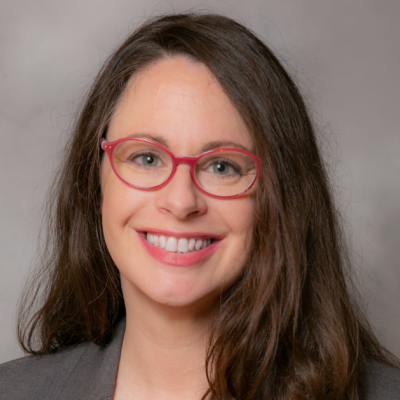
Heather reached out in response to a blurb in our newsletter by a practitioner who wanted to talk about research related to race and political engagement. The collaborative conversation was helpful for the practitioner in various ways and it was also helpful for Heather in her own research as a professor at the time. Here's how she described the value for her:
"As researchers, we don't know the organizational context -- what has and has not already been tried, various interpersonal and community-level dynamics, limitations or opportunities in terms of resources, etc. -- until we sit down and talk with practitioners. Meeting with practitioners from a nonprofit organization allowed me to better see the nuance in the organizational context. That informed how we, working together, refined the research question and design of the study."
